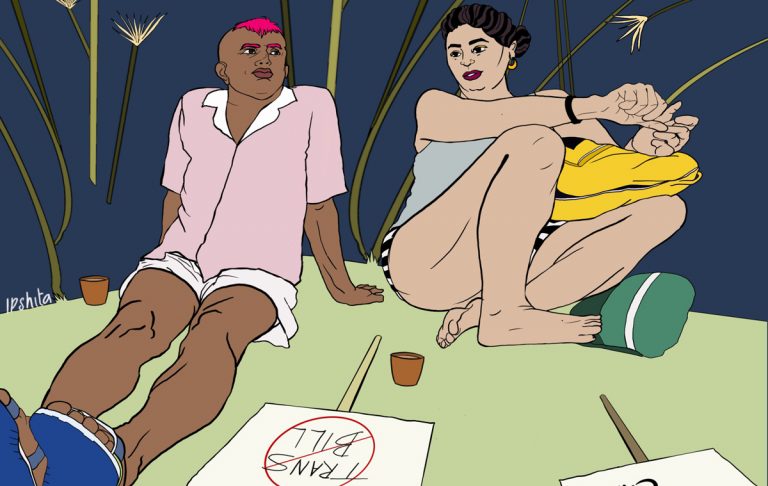
Queer Homes, Part 2
Like us, perhaps you too find yourself wondering about the division of labour of work at home. Who does it?
Home » Volume 001: Work » Page 3
Work as a social, political, and intellectual idea, and exploring its history and evolution through a feminist lens.

Like us, perhaps you too find yourself wondering about the division of labour of work at home. Who does it?
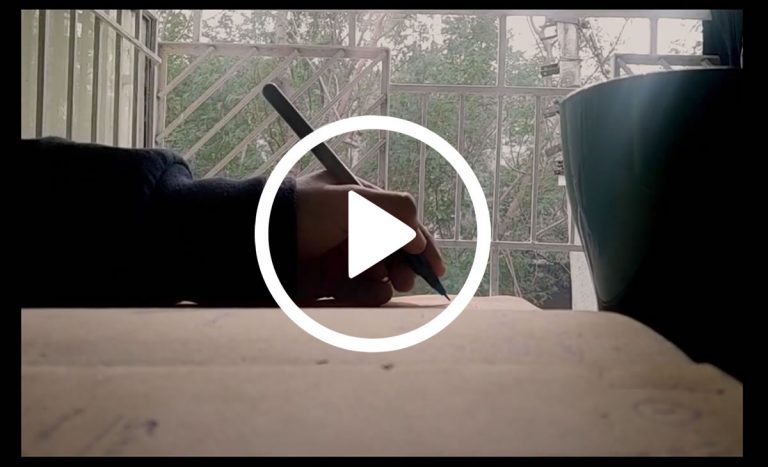
A young girl in 21C India writes a letter to Savitribai Phule. Savitribai Phule was the first woman to be a teacher, and also the first person to set up a school for girls in India.

In Episode III of Stay Home, Kitna Surakhsit? we explore the role of the bystander – yes, people like you and me – in situations of gender based violence.
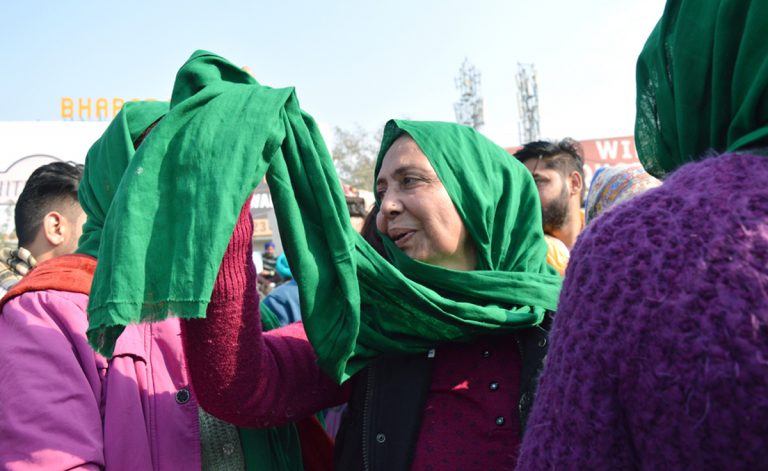
What does a farmer look like? Whatever the image that sprang to your mind just now it’s likely to have been the image of a man.

Can the law control when, how and whom we love? Can a woman’s desire be policed even further?
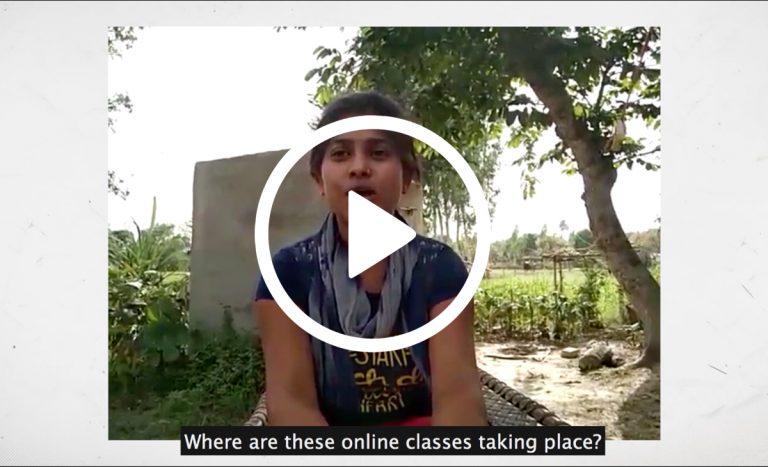
What about the access? Are the students able to afford the internet or devices? What do they feel about this revolution in the education sector?
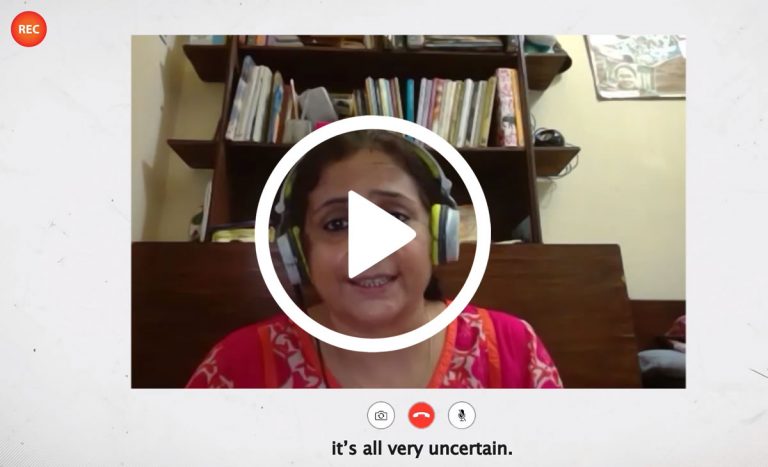
Aishwarya Reddy’s death has thrown devastating light on the digital divide between the two Indias…
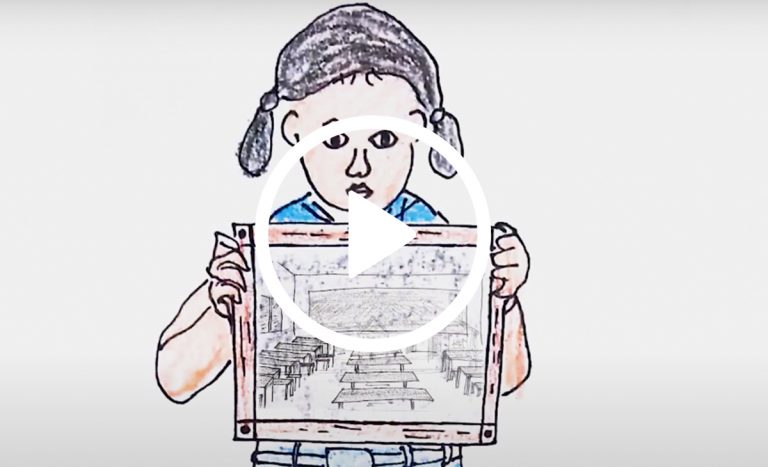
“How will the education infrastructure reach us by increasing the age of marriage?” ask girls from Alwar, Rajasthan.
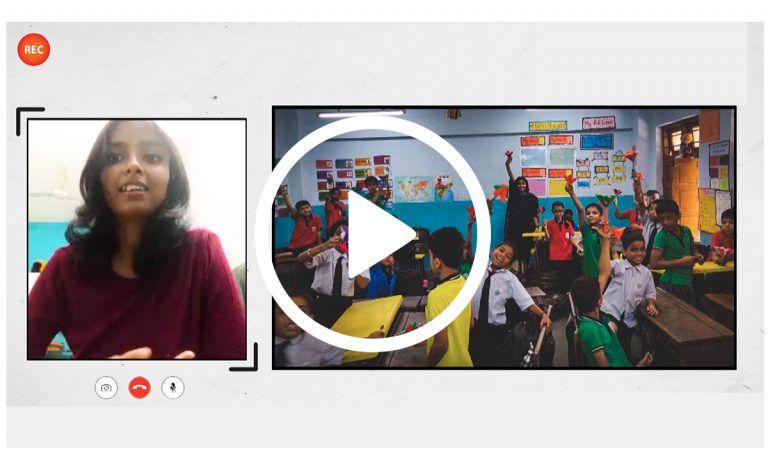
Meet Freya from Mumbai, a Teach for India fellow who realised that before her BMC school students could learn, they needed to eat.
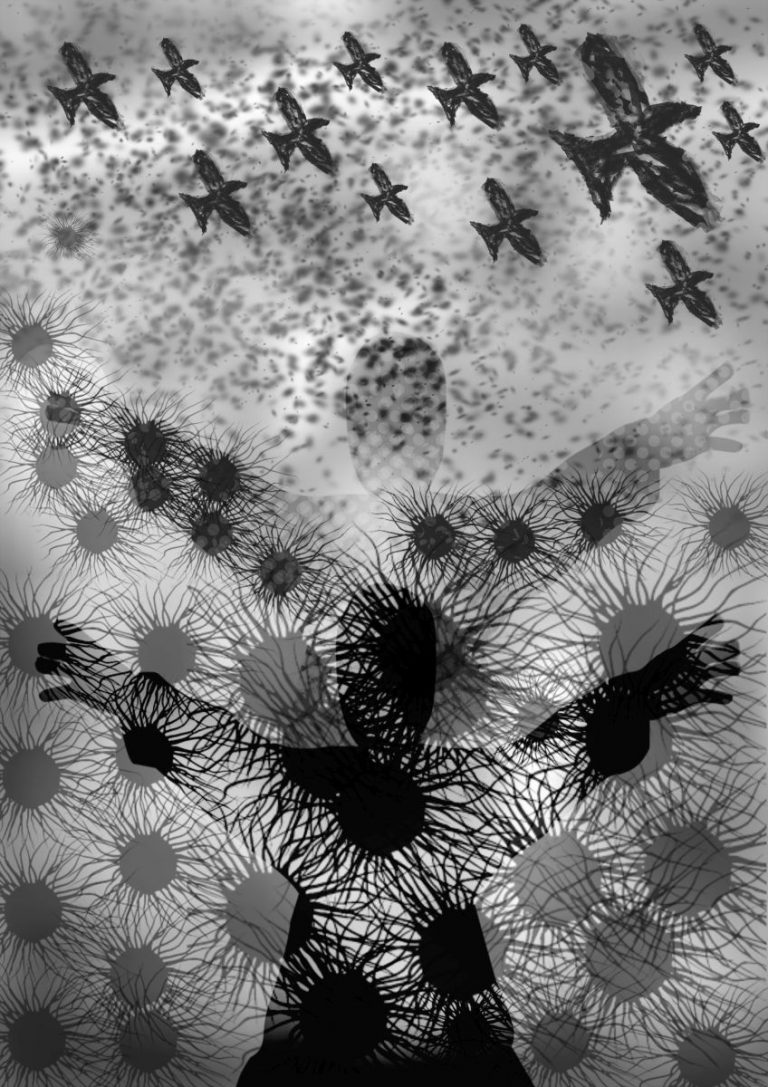
Jeeja Ghosh, a disability rights activist, speaks to the differently abled during the Covid 19 lockdown, and finds them missing from all policy debates.